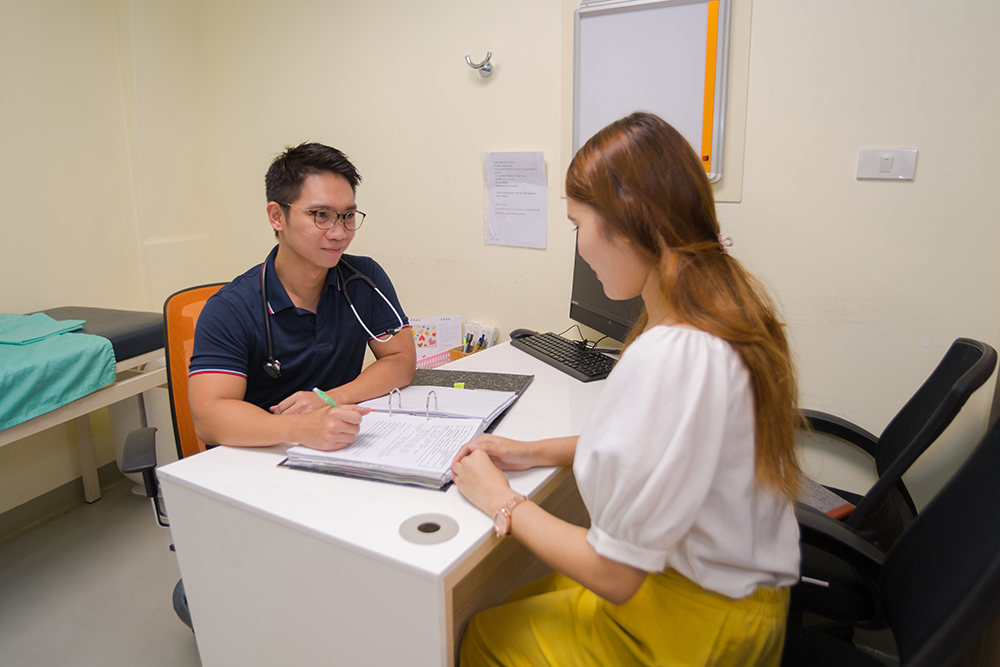MHRP's acute HIV infection (AHI) cohorts provide insight into critical early days after infection. The acute stage follows immediately after exposure to the virus and occurs before common diagnostic tests detect infection. It's during this stage that the virus begins to replicate and establish itself in immune cells in multiple organ systems.
In order to better understand how the immune system responds during AHI, MHRP launched two innovative cohort studies in East Africa and Thailand, RV217 and RV254. By focusing on the earliest phase of infection, scientists hope to better understand what’s needed to create an effective HIV vaccine. These cohort studies also help MHRP researchers conduct investigations into long term remission of HIV and tools that can serve to accomplish "functional cure," controlling the virus without the need for long term antiretroviral treatment.
MHRP researchers are exploring immune responses during acute infection, along with genetic changes in the virus. They also work with leading collaborators in the field to analyze data from the two AHI cohorts and identify additional research questions they can help provide answers. Key collaborators include the NIH and academic institutions including Duke, Yale and UCSF.
In the last few years, MHRP has launched small clinical trials on the foundation of these AHI cohorts to evaluate strategies aimed at inducing a cure or long term remission of HIV. Interventions are wide-ranging and include therapeutic HIV vaccines and broadly neutralizing antibodies.
MHRP is part of two multi-institution research teams, or “Collaboratories,” that were awarded funds from the NIH in 2021 to develop an integrated approach to finding an HIV cure. These research projects bring together some of the leading researchers in the cure field and will help advance strategies to induce HIV remission. Several of MHRP’s cohort studies, including the African Cohort Study (AFRICOS) and our acute HIV infection study in Thailand called RV254, play central roles in these research efforts.

